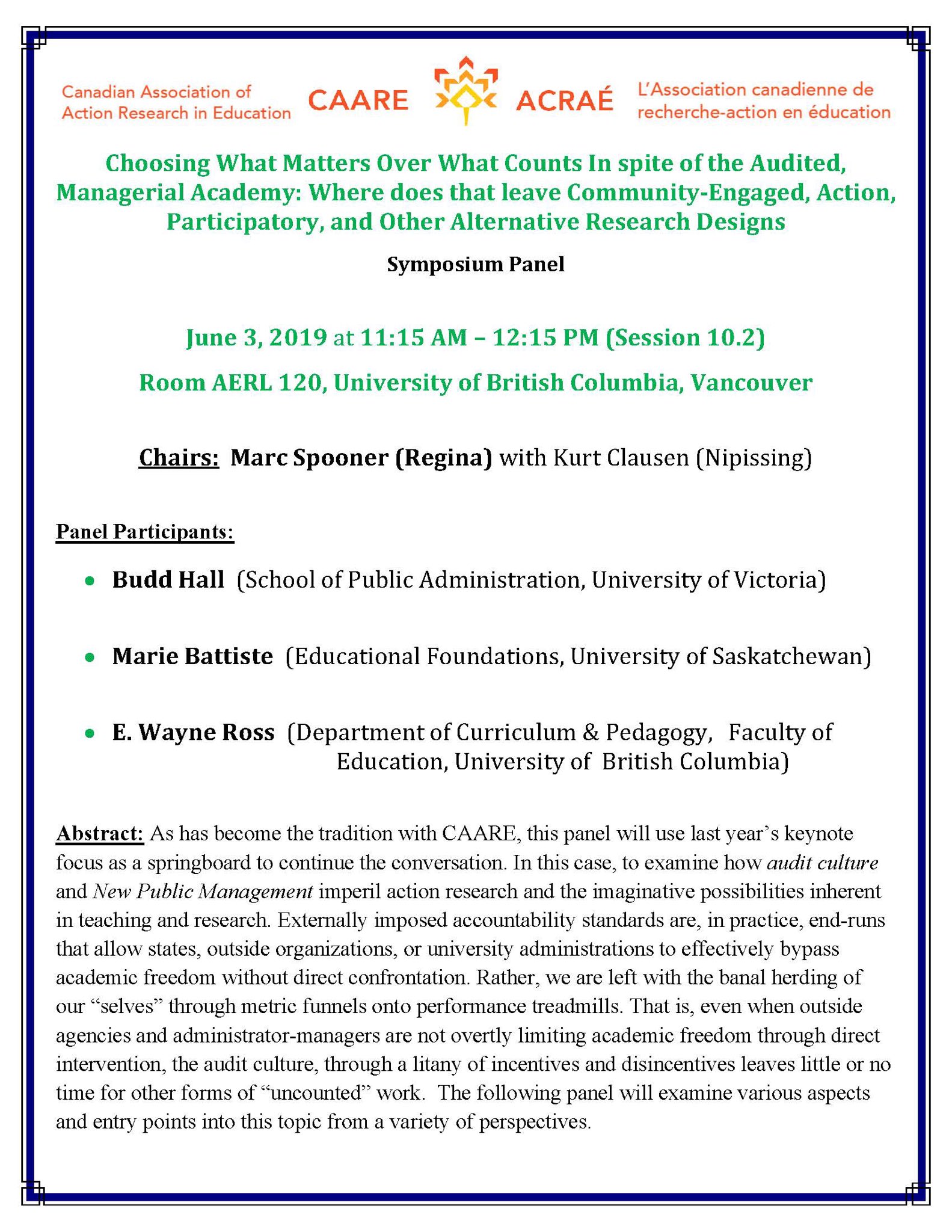
CALL FOR PAPERS:
Special issue of Policy Futures in Education
Lefebvre’s teachings
Lefebvre’s teachings
Guest editor: Derek R. Ford, PhD
Although the person of Henri Lefebvre has been gone since 1991, the exploration of the implications of his thought for a variety of disciplines and social movements is still in its infancy. And it is likely to be a long life, as Lefebvre wrote over 60 books throughout his life, in addition to numerous articles, edited volumes, and lectures. Not only is the translation of his work into English still incomplete, but new manuscripts are still being discovered, Towards an Architecture of Enjoyment being the most recent.
Lefebvre’s thought has been most influential in geography and urban studies, animating key debates around, for example, the primary and secondary circuits of capital, industrialism versus urbanism, and spatial production more generally. It is primarily this body of secondary literature that has helped Lefebvre’s thought spread outward. Relatedly, his work on the right to the city has sparked a whole host of academic debates and policy formulations, and even some political coalitions. The growing importance of struggles over space in protest, social, and resistance movements across the globe has, to be sure, energized this interest.
Educational theory, research, and policy, however, have yet to engage with Lefebvre’s vast body of work in a sustained manner. There are just a handful of articles deeply engaging Lefebvre (e.g., Atasay and Delavan, 2012; Christie, 2013; Ford, 2013, in press; Taylor and Helfenbein, 2009) and one dedicated monograph (Middleton, 2013), although his work is referenced in and gestured toward quite a bit more often, primarily in sociology of education.
This special issue of Policy Futures in Education will be the first journal issue to focus specifically on Lefebvre’s thought and its import for educational theory, research, and policy. While authors need not be in the field of education proper, we seek submissions that represent sustained educational encounters with Lefebvre. Papers might examine Lefebvre’s work on everyday life and sociology, the state, rhythmanalysis, architecture, Marxism, dialectical materialism, Nietzsche, modernity, cities, space, or urbanism, and how this work relates to educational philosophies, practices, research, and policies. We are open to papers that explore Lefebvre’s relevance for education as well as papers that explore education’s relevance for Lefebvrean thought. If you are unsure if your topic will fit with the issue, please e-mail the editor for feedback.
Timeline:
An early expression of interest and a 200-300 word abstract is preferred by April 1st, 2016. Manuscripts—which should adhere to normal journal requirements—will be due October 1st, 2016. The expression of interest and abstract should be sent to drford@syr.edu. Authors of successful expressions of interest/abstracts will be directed to submit full manuscripts at http://mc.manuscriptcentral.com/pfie.
About the guest editor:
Derek R. Ford is a teacher, organizer, and writer living in Philadelphia, PA, USA. He received his PhD in cultural foundations of education from Syracuse University in 2015. He has published several articles on Lefebvre and education and recently co-edited a special journal issue on education and the right to the city. His most recent books are Marx, capital, and education: Towards a critical pedagogy of becoming (with Curry Malott) and Leaders in critical pedagogy: Narratives for understanding and solidarity (with Brad Porfilio). His latest book, The secret and struggle of study: Political economy, alterity, pedagogy, will be published this year by Lexington Books.
References:
Atasay, E., & Delavan, G. (2012). Monumentalizing Disaster and Wreak-construction: a case study of Haiti to rethink the privatization of public education. Journal of Education Policy, 27(4), 529-553.
Christie, P. (2013). Space, Place, and Social Justice: developing a rhythmanalysis of education in South Africa. Qualitative Inquiry, 19(10), 775-785.
Ford, D.R. (2013). Toward a Theory of the Educational Encounter: Gert Biesta’s educational theory and the right to the city. Critical Studies in Education, 54(3), 299-310.
Ford, D.R. (in press). A Pedagogy for Space: teaching, learning, and studying in the Baltimore Rebellion. Policy Futures in Education.
Middleton, S. (2013). Henri Lefebvre and Education: space, history, theory. London and New York: Routledge.
Taylor, H. L., & Helfenbein, R. J. (2009). Mapping Everyday: gender, Blackness, and discourse in urban contexts. Educational Studies, 45(3), 319-329.
Download PDF


